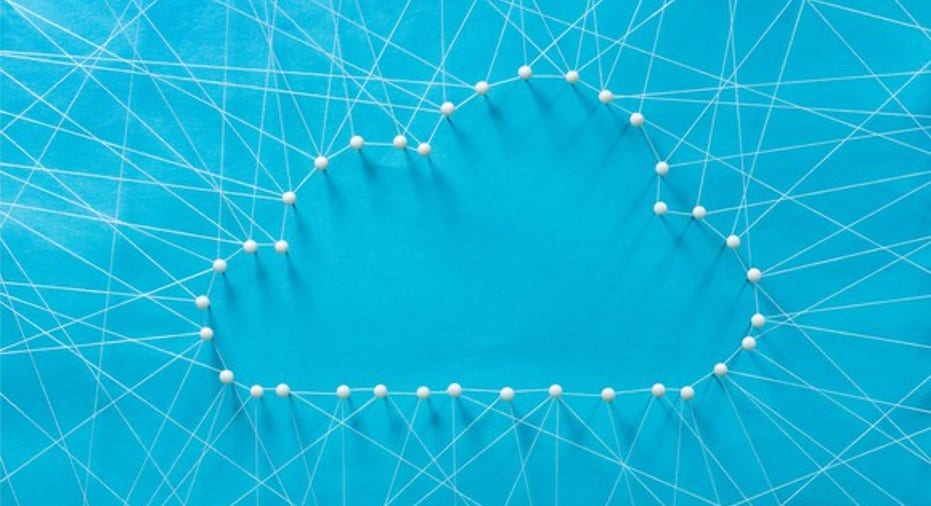The Cloud and Mobile Revolution: What’s Next?

When it comes to the Cloud, experts say, right now, it’s all about “magical convenience.”
As in, making things happen just by asking, no matter where you are.
“The big revolution is the growth of the Cloud and mobile,” said Evangelos Katsamakas, associate professor of information systems at Fordham University. “A smart phone is basically a computer. It’s like a remote control for the Cloud. You can request a taxi, share a photo or find directions. It’s a magical thing.”
What has the Cloud done for you lately? Most likely, more than you realize.
Sharing and Storing Photos
Boxes of fading images, gathering dust in closets and desk drawers, unorganized, difficult to share with friends and family. These are the relics of photos past. Patrick Austin, associate editor, electronics, at Consumer Reports, cites photo storage and sharing as one of the top ways the Cloud has made life easier.
“Google Drive, Dropbox, these are all easy ways to store photos, documents, videos, funny GIFs,” he said. “You can snap some photos and they go to Google Drive and you can share them with family and friends. No more going to develop film or burning CDs. Just give them a link.”
The Cloud even makes it easier to find that “missing” photo that used to mean hours flipping through stacks of images.
“Facial recognition with Google Photo [and iPhoto and others] lets you search for a picture by typing the name of the person,” said Giuseppe Ateniese, director of the computer science department at Stevens Institute of Technology in Hoboken, New Jersey. “This is machine learning from aggregated algorithms.” (Made possible by the Cloud.)
Limitless Storage and Device Flexibility
“Right now, we assume that we have unlimited storage — pictures, emails, files — all stored with no limitations,” said Ateniese. “We have unlimited storage that kids take for granted and everything — movies, music — all is immediately available on any computing device.”
Once upon a time, a work computer was difficult (impossible?) to access from home. Many a heavy laptop was lugged on back-and-forth commutes so that work information could be accessed away from work.
But with the Cloud, “You are no longer tied to a desk or a device,” said Austin. “And if you have an idea at home, you can just go into Dropbox or Google Docs” and immediately share it and have access to it on all your devices.” Shared “living” documents that multiple people can access and add to through the Cloud also improve work productivity and make lives easier.
“We take for granted that all the information is synced among the different devices — laptops, cellphones, desktops,” said Ateniese. “Right now, we are using the Cloud mostly for storage and availability of data. But we should not forget that the Cloud is also about computation. The Cloud is a set of remote servers, and we can exploit the power of these servers.”
Future Applications
Today, tech companies are thinking way beyond these simple ways that the Cloud is improving lives, delving into deeper applications that involve concepts like predictive analytics, virtual reality and artificial intelligence to add to convenience and improve experience, based on aggregate data.
“Health applications will probably be one of the most compelling future applications of the Cloud,” said Ateniese. “The Cloud will aggregate data from sensors in laptops and other devices to give a picture of the health of users. This will be extremely important in the future.”
Streaming-video companies, like Netflix, will be able to anticipate what movie people will want to watch next on a much more accurate basis, and will suggest it, all by correlating data.
“From a consumer perspective, we give up control for ease,” said Katsamakas, who cites artificial intelligence as a big theme going forward. “The Cloud is becoming smarter by itself over time.”
“In some ways, there is added convenience,” he continued. “But big companies know everything about you, sometimes even better than you know yourself.”
“People love the convenience,” agreed Austin, “until it gets creepy and people feel it is being used against them.”
For now, he argues, “there’s not that much to worry about.”



















